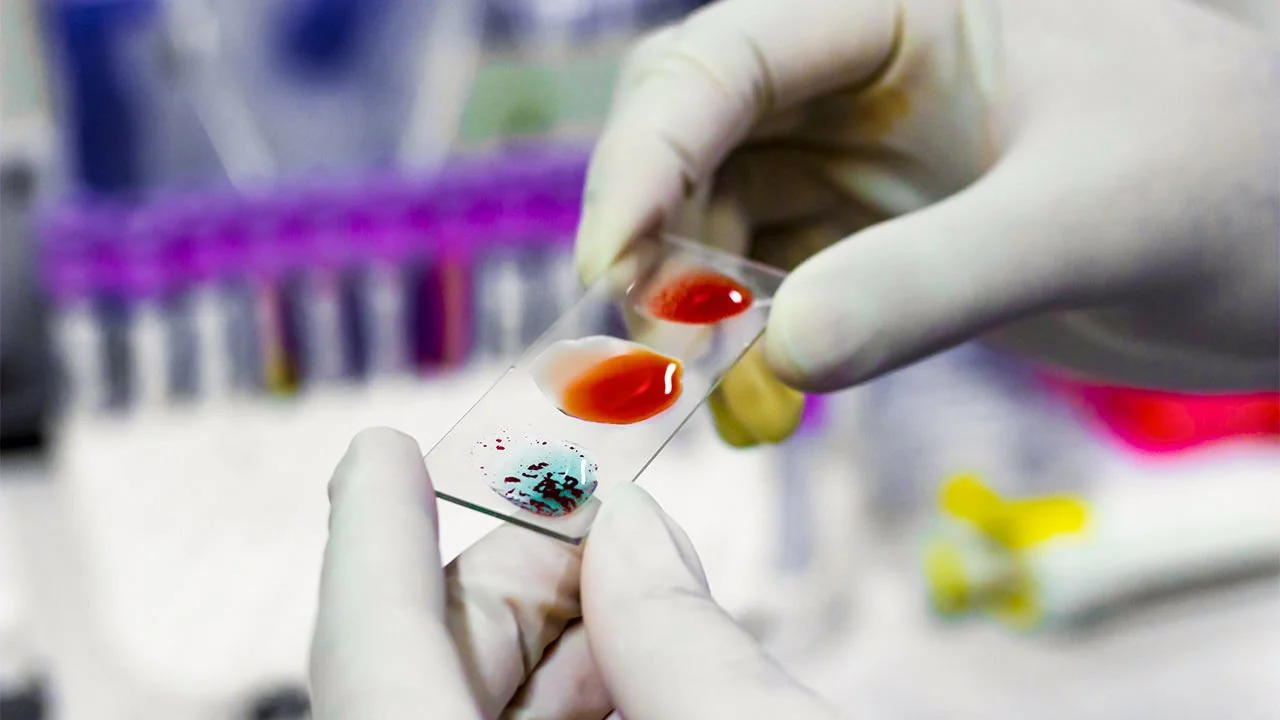Blood types seem simple at first glance – A, B, AB, and O. But the reality is far more intricate. Blood groups are like unique fingerprints, determined by a complex system of antigens on red blood cells. These antigens trigger immune responses and determine blood compatibility between individuals.

More Than Meets the Eye: The ABO and Rhesus Systems
You’ve likely heard of the ABO and Rhesus (Rh) systems – the most well-known ways of classifying blood.
- The ABO System: This system focuses on the presence or absence of A and B antigens on red blood cells. It gives us the four main groups: A, B, AB (having both antigens), and O (having neither).
- The Rh System: This adds another layer of complexity. It classifies blood as positive (+) or negative (-) based on the presence or absence of the Rh antigen.
Combining these two systems gives us eight main blood groups:
- Common Blood Groups: A+, O+, B+
- Rarer Blood Groups: A-, O-, AB+, B-, AB-
The Universal Donors and Recipients
- O-negative: The “universal donor.” In emergencies, O-negative blood can be given to anyone, regardless of their blood type.
- AB-positive: The “universal recipient.” Those with AB+ blood can receive blood from any of the eight main types.
Why Blood Type Matters
Knowing your blood type is crucial for safe blood transfusions and during pregnancy. If a mother’s and baby’s blood types are incompatible, it can lead to complications.
How Do You Find Your Blood Type?
In France, blood type is typically determined:
- At birth: Recorded in the child’s health records.
- During pregnancy: If unknown, a blood test is often performed during the first trimester.
- When donating blood: Compatibility testing is mandatory to ensure the safety of both donor and recipient.
Your doctor can also order a blood test if needed.
The Importance of Rare Blood Types
Blood types are rare when less than 4 in 1000 people have them, and no other blood type is compatible with transfusion. This affects approximately 700,000 people in France. Many rare types are found in individuals from Africa, the Caribbean, and the Indian Ocean islands.
This highlights the critical need for diverse blood donors. It’s not just about the quantity of blood donated but also about ensuring a variety of blood types are available to match patients’ diverse needs.
Let’s Talk About It
If you have questions about blood types, especially during pregnancy, don’t hesitate to talk to your doctor. Understanding this vital aspect of your health is essential for your well-being and the well-being of others.
Let’s celebrate the diversity of blood types and the generosity of donors who help save countless lives.
